The spiritual meaning of Easter is a profound reflection on renewal, rebirth, and the triumph of light over darkness. It is a time to celebrate the resurrection of Jesus Christ, which represents hope, redemption, and the promise of eternal life. This holy holiday holds great significance for Christians around the world and is observed with reverence and joy.
The Origins of Easter
Easter’s origins can be traced back to ancient pagan traditions and the celebration of spring. The word “Easter” is believed to have been derived from Eostre, an Anglo-Saxon goddess associated with fertility, new beginnings, and the dawn. In many cultures, the arrival of spring symbolizes the end of winter’s bleakness and signals the awakening of life. This connection between the seasonal change and the concept of resurrection is deeply embedded in the spiritual meaning of Easter.
The Symbolism of Resurrection
The central theme of Easter revolves around the resurrection of Jesus Christ after his crucifixion. It is a powerful symbol of overcoming death and finding new life. Just as the earth blossoms after a long winter, the resurrection embodies a message of hope and transformation. It represents the eternal bond between humanity and the divine, reminding us that even in our darkest moments, there is always the possibility of rebirth and renewal.
The Journey of Lent
Lent, the period leading up to Easter, is a time of reflection, repentance, and spiritual growth. It spans forty days, symbolizing Jesus’ forty days in the desert. During this period, Christians engage in acts of self-discipline, prayer, and fasting to deepen their connection with God and prepare their hearts for the resurrection celebration.
The Significance of Good Friday
Good Friday, the day of Jesus’ crucifixion, holds immense importance in the spiritual meaning of Easter. It is a solemn and somber day that invites believers to contemplate the sacrifice made by Jesus for humanity’s salvation. This day serves as a reminder of the depth of divine love and the ultimate act of forgiveness.
Easter Sunday: Joyous Resurrection
Easter Sunday marks the pinnacle of the holy week, celebrating the resurrection of Jesus Christ and his victory over death. It is a day of great rejoicing and triumph, as it signifies the fulfillment of God’s promise and the hope of eternal life for all who believe. Churches around the world hold joyful services, proclaiming the good news of Jesus’ resurrection and offering prayers of gratitude.
Symbolic Traditions and Celebrations
Easter is also rich in symbolic traditions that further illuminate its spiritual meaning. The Easter egg, for example, represents new life and fertility. The tradition of decorating eggs has been practiced for centuries, symbolizing the transformation from darkness to light.
Another cherished tradition is the Easter bunny, which relates back to ancient pagan beliefs in the rabbit as a symbol of fertility and abundance. Today, children joyfully anticipate the Easter bunny’s arrival and hunt for hidden eggs, fostering a sense of excitement and wonder.
The Universal Message
The spiritual meaning of Easter extends beyond religious boundaries and resonates with people seeking hope, renewal, and transformation. It serves as a reminder that regardless of our faith or background, we all face trials and challenges in life. Easter encourages us to have faith in the potential for renewal and the power of love to overcome adversity.
As we embrace the spiritual significance of Easter, let us honor the teachings of Jesus Christ and embody the values of compassion, forgiveness, and love. May this celebration of new life inspire us to strive for our own spiritual growth and bring light to the world around us.
The Spiritual Significance of Easter: Understanding the Deeper Meaning
The Spiritual Significance of Easter is a topic that holds great importance within the realm of Spiritual meaning. Easter, widely celebrated by Christians around the world, represents the resurrection of Jesus Christ after his crucifixion.
Easter allows individuals to reflect on the deeper meaning of this event and how it impacts their own spiritual journeys. It is a time to contemplate on the themes of sacrifice, redemption, and renewal.
During Easter, Christians often engage in prayer, introspection, and attending church services. These practices help them connect with the spiritual significance of Easter and deepen their understanding of its message.
The story of Easter teaches profound lessons about forgiveness, love, and the triumph of good over evil. It reminds believers that through faith, they can experience a spiritual rebirth and find hope in the face of challenges.
Moreover, Easter serves as a reminder of the eternal nature of the soul and the promise of life beyond death. It encourages individuals to embrace their spirituality and strive for personal growth and transformation.
In conclusion, the Spiritual Significance of Easter goes beyond the traditional celebrations and focuses on the deeper meaning behind the resurrection of Jesus Christ. This holiday offers a powerful opportunity for believers to reflect on their own spiritual journeys and seek spiritual renewal.





